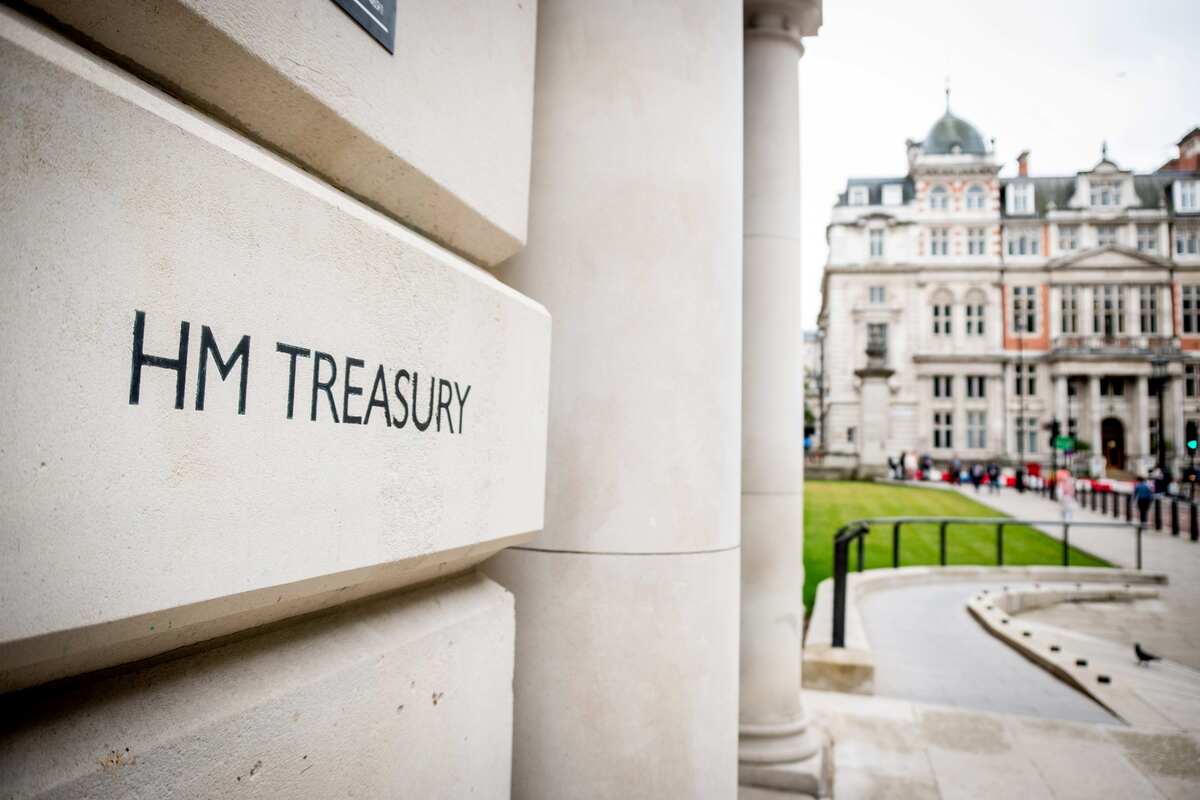'Disappointment' as Welsh government pushes ahead with tourist tax plans
UKHospitality Cymru expressed "deep disappointment" that the Welsh government will proceed with legislative proposals that will enable local authorities to levy a tourist tax on visitors.
It comes after Manchester confirmed that its overnight tourist tax, the first of its kind in the UK, will come into force later this week (1 April).
The Welsh government launched a public consultation on the discretionary visitor levy in September 2022, which closed last December after receiving more than 1,000 responses.
The levy would apply to people staying overnight in commercially-let accommodation.
Charges collected from the scheme would then raise funds for re-investment in local areas.
Rebecca Evans, minister for finance and local government for the Welsh cabinet, said: “Our intention with the visitor levy is to bring about a sense of shared responsibility between residents and visitors, to protect, and invest in, our local areas.
“As hosts, we are asking visitors – whether they have travelled from within Wales or from further afield – to make a small contribution towards maintaining and enhancing the place they are visiting, encouraging a more sustainable approach for tourism.
“The visitor levy puts power into the hands of local communities and gives them a tool to encourage sustainable, regenerative tourism. Over the coming months and years, we want to work with businesses, local authorities, and all of our key partners to design a visitor levy for Wales that will be a force for good.”
However, David Chapman, executive director of UKHospitality Cymru, said: “It’s deeply disappointing that it is proceeding, particularly when more than three-quarters of respondents disagreed that local authorities should have discretionary levy powers."
One of the main concerns that arose from the consultation was that people would stop visiting Wales once the levy is introduced.
Evans stressed that tourist taxes are used across the world in cities “which continue to see thriving visitor economies”, but Chapman criticised her for failing to mention that "those countries have a significantly lower level of VAT and other taxes incurred by British hospitality".
"The introduction of this tourist tax simply raises the tax burden on our businesses even higher to punitive levels compared to the rest of the world, making us yet more uncompetitive compared to similar destinations," he added.
According to the summary of responses published by the Welsh government, others suggested that the levy should minimise “administrative burdens placed on accommodation providers and local authorities” while still “increasing compliance”.
It also reported that there was “widespread disagreement” with giving local authorities “discretionary exemption powers”, as those surveyed preferred a “consistent and clear implementation”.
Consumer research commissioned by the cabinet, which was conducted among over 2,500 respondents, revealed that people “broadly supported the principle of a visitor levy”.
From April, the Welsh Revenue Authority will be working with local authorities and businesses to understand the logistical requirements for introducing the visitor levy between 2023 and 2024.
Chapman said: "UKHospitality Cymru is seeking further talks with Welsh Government following the announcement, where we will keep raising our members’ objections and fight fiercely for funding to be ringfenced away from other spending. Any funding raised must be dedicated to benefiting the industry - and only our industry - and for our members to have the decisive role in deciding how it is spent going forward."




















